INVITED SPEAKERS
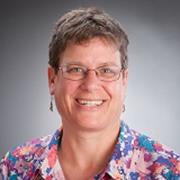
Professor Dr. Astrid An Huef
Professor, Victoria University of Wellington, New Zealand
Astrid was born in Germany and lived there until her family emigrated when she was 13, first to New Zealand and then Australia. She earned Bachelor degrees in Computer Science and in Mathematics, and then an Honours degree in Mathematics, from the University of Newcastle in Australia. She then studied in the USA, earning a Master and a PhD in Mathematics from Dartmouth College in New Hampshire. After 2 years in a tenure-track position in Colorado, she wanted to go home, and was fortunate to get a permanent position at the University of New South Wales in Sydney. She was at UNSW until the end of 2009, when she took up a professorship at the University of Otago in Dunedin.
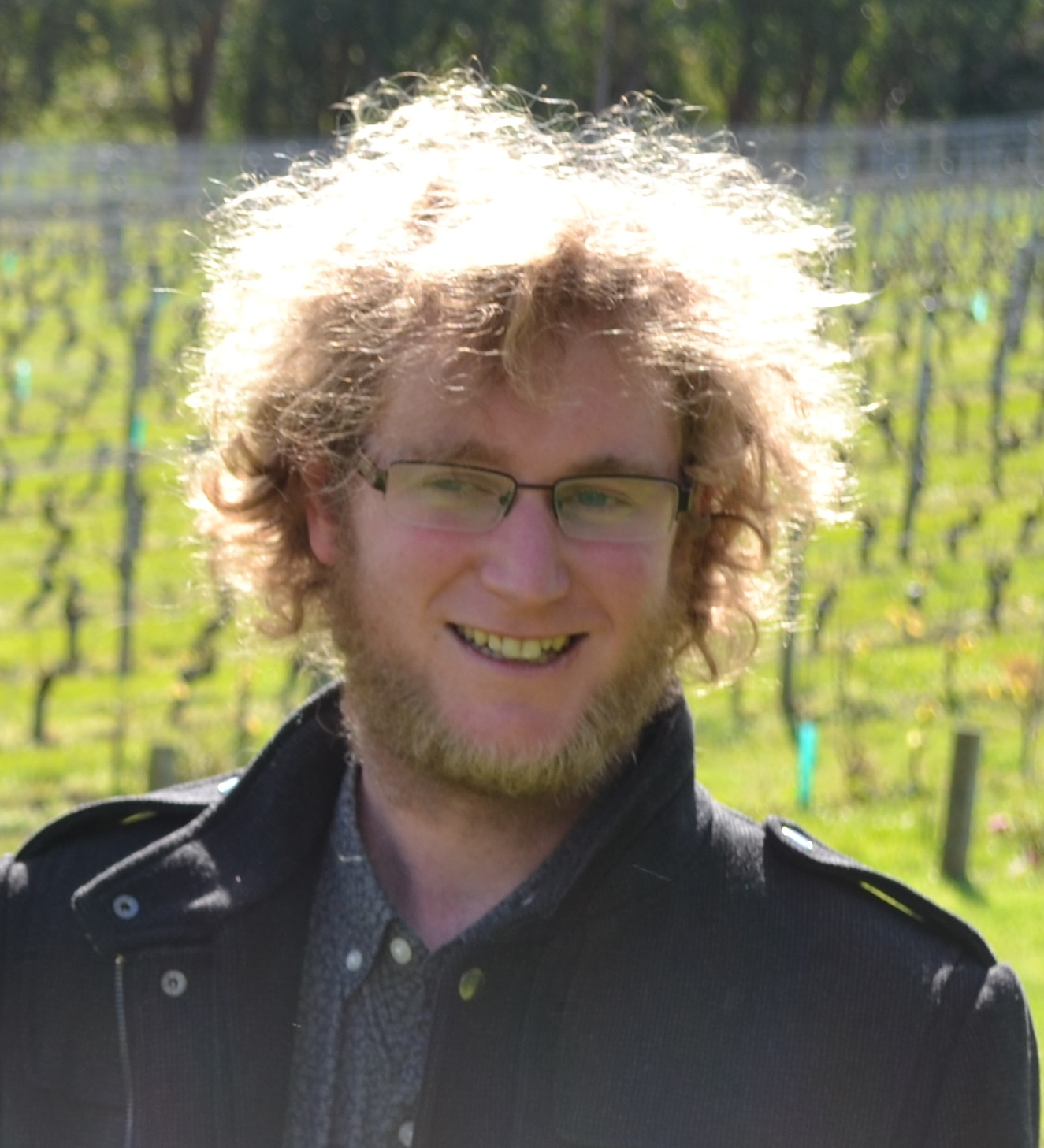
Dr. Andrew Keane
Lecturer, University College Cork, Ireland
Dr. Andrew Keane completed his undergraduate studies in Australia and Germany before beginning a PhD at the University of Auckland in New Zealand. Upon completing his PhD in Applied Mathematics in 2016, he became a postdoctoral researcher at the University of Auckland. Since August 2019, Dr. Keane is a lecturer in applied mathematics at University College Cork in Ireland. His research expertise lies in dynamical systems and applying its techniques to systems from various areas of application, in particular climate systems. Dr. Keane is interested in the application of dynamical systems theory to areas beyond mathematics and actively embraces the cross-fertilisation between disciplines. So far he has studied systems in the context of neural networks, electro-chemical oscillators, climate systems, evolutionary robotics and control theory. Methods and tools from dynamical systems have the ability to unravel complicated behaviour, allowing one to potentially explain, understand and predict important physical phenomena. Key topics of Dr. Keane’s research are climate dynamics, delay differential equations, bifurcation theory and coupled oscillators.
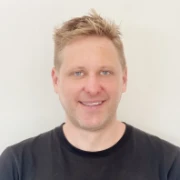
Dr. Ben Stevenson
Senior Lecturer, University of Auckland, New Zealand
After completing my earlier degrees at the University of Auckland, I graduated with a PhD from the University of St Andrews, United Kingdom, in 2016. I remained at St Andrews for a research fellowship before returning to New Zealand in 2017. My research is in primarily in the field of ecological statistics. Ecologists must answer burning questions about animal populations to aid their conservation and wildlife management decision-making. For example, how many animals are there? How are they distributed in space? Is the population growing or shrinking? Is the distribution changing over time? If so, can we explain why? These are tricky questions to answer, partly because we can’t possibly detect every single animal in the population: we are trying to count how many animals we never observed. Historically, data collection on wildlife surveys involved capturing, tagging, releasing, then recapturing and recognising animals. Modern technology has revolutionised the field, and now we can use instruments such as drones, video cameras, and microphones to detect individuals. Data collected using these new techniques, however, presents new and interesting statistical problems: although we are collecting more data than ever before, it is often unclear what we should be doing with it all, and how we could possibly process the data deluge with adequate swiftness. In my research, I develop new statistical methods and software to transform these data into estimates of population size, distribution, and trends over time, often with a focus on how we can do this at speed on computing equipment no more sophisticated than your laptop. In my spare time, I enjoy brewing beer and spending time with my pets: Cai (a dog); Nymphadora (a horse); Norna (a Shetland pony); and Brook, Barbara, Ann, Morag, Estella, Camilla, Maria, Martha, and Izzy (a flock of chickens).
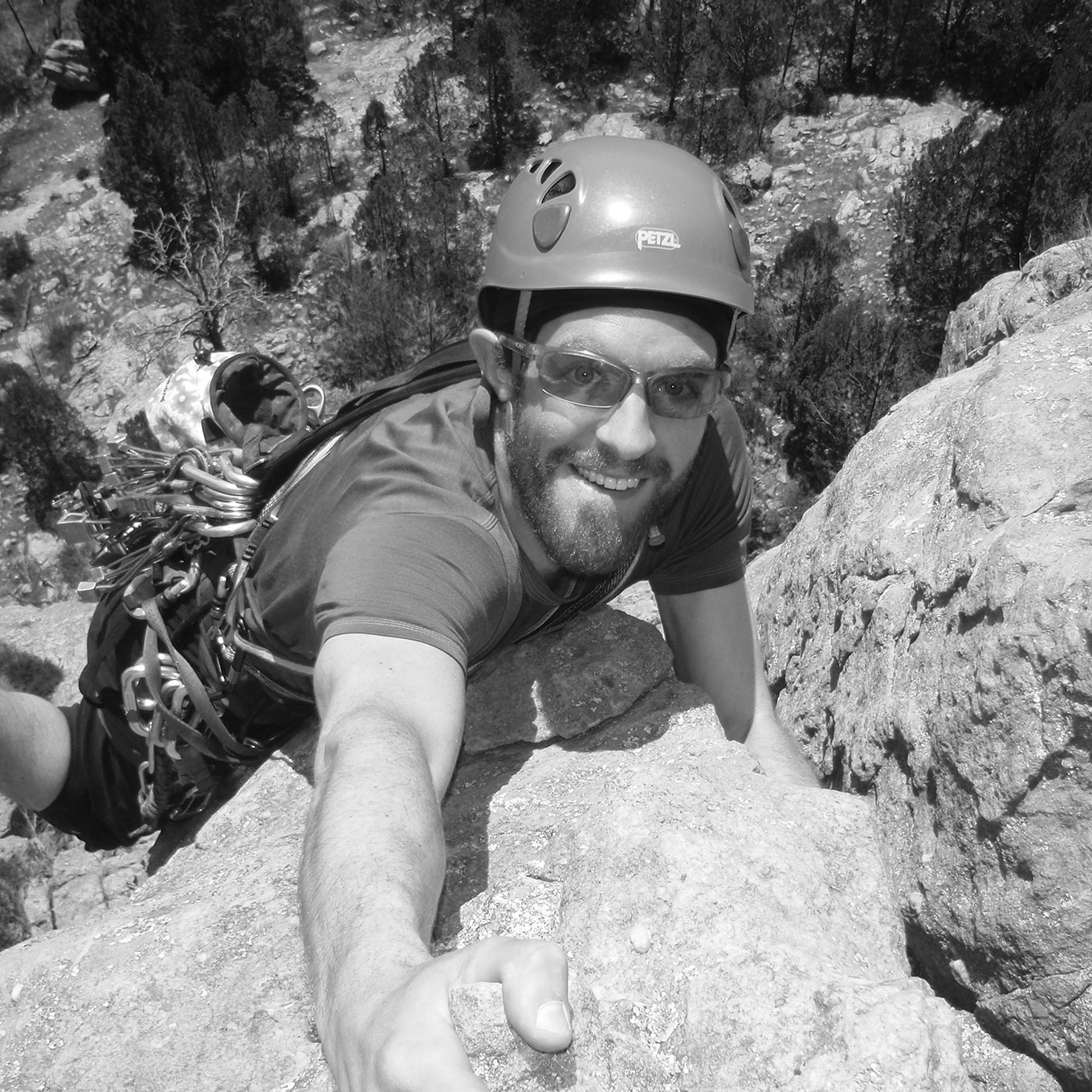
Dr. Dion O’Neale
Analytics Lead, Nicholson Consulting, New Zealand
Dion is a Principal Data Scientist at Nicholson Consulting and a Principal Investigator at Te Pūnaha Matatini. With a background in Mathematics and Physics, Dion is interested in all things network science related. This has spanned from using networks for economic geography (to understand how scientific innovations cluster within regions leading to technological specialisation); archaeology (using networks of co-occurring obsidian artefacts to infer social networks in pre-European Aotearoa); through to behavioural ecology (using networks of species and traits to understand the mating systems of spiders). Much of his recent work has focused on how the structure of interaction networks between people affects the spread of infectious disease. Dion was a co-lead of COVID-19 Modelling Aotearoa [https://www.covid19modelling.ac.nz/] where his team built a network representing the interactions between the 5 million individuals in Aotearoa.
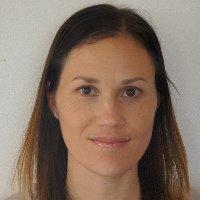
Professor Dr. Jodie Hunter
Professor, Massey University, New Zealand
I have broad research interests in Pasifika education and the teaching and learning of mathematics. Both in the UK and in New Zealand I have been involved in collaborative work with teachers and students across the country to facilitate change in their mathematics classrooms. My previous research while working at Plymouth University included a strong focus on developing early algebraic reasoning in primary classrooms. This included a focus on teacher professional development, classroom and mathematical practices, and student perspectives. Since my return to New Zealand I have a growing interest in the development of culturally responsive teaching for Pasifika students in the mathematics classroom. Central to this area is the need to consider the cultural, linguistic and social contexts of Pasifika students and to develop stronger home/community and school partnerships.
PUBLIC LECTURE
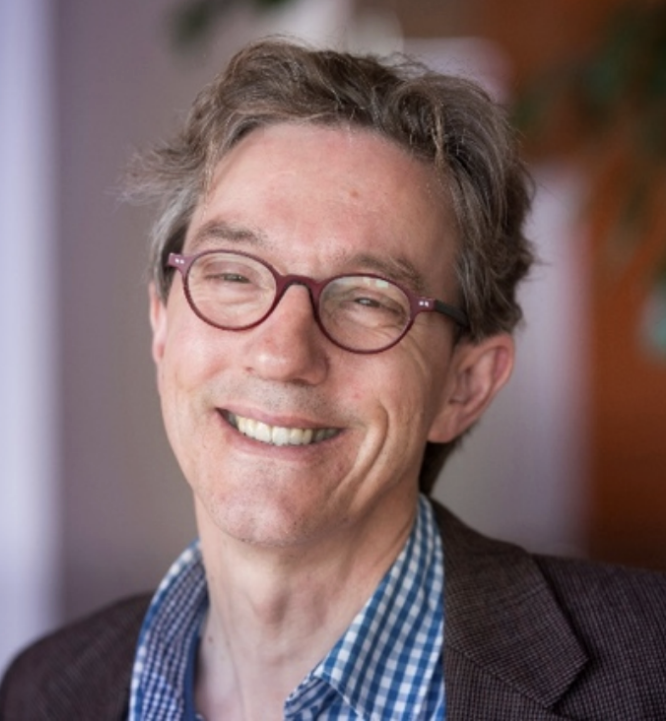
Professor Dr. Henk Dijkstra
Professor, University of Utrecht, Michael Erceg Senior Visiting Fellow
Henk A. Dijkstra (PhD in Applied Mathematics, 1988, Groningen University, NL) is Professor of Dynamical Oceanography at the Institute for Marine and Atmospheric research Utrecht and director of the Centre for Complex Systems Studies within the Department of Physics of Utrecht University. He was trained as an applied mathematician and held positions at Cornell University, and Colorado State University. His main research interests are on climate variability, in particular climate transitions, with a focus on the role of the oceans. He is a member of the Royal Netherlands Academy of Arts and Sciences (since 2002), a Fellow of the Society for Industrial and Applied Mathematics and, in 2005, he received the Lewis Fry Richardson medal from the European Geosciences Union. In 2022, he was one of the recipients of a European Research Council Advanced Grant.